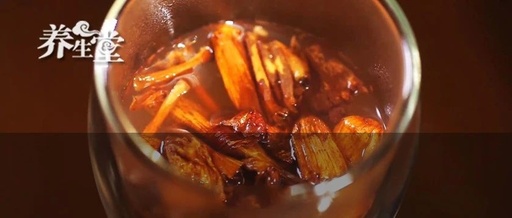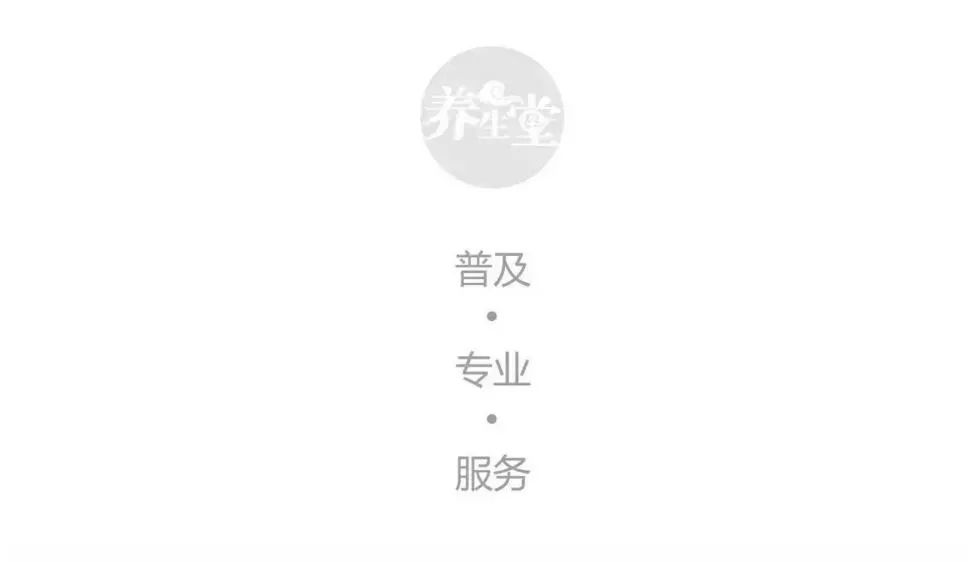
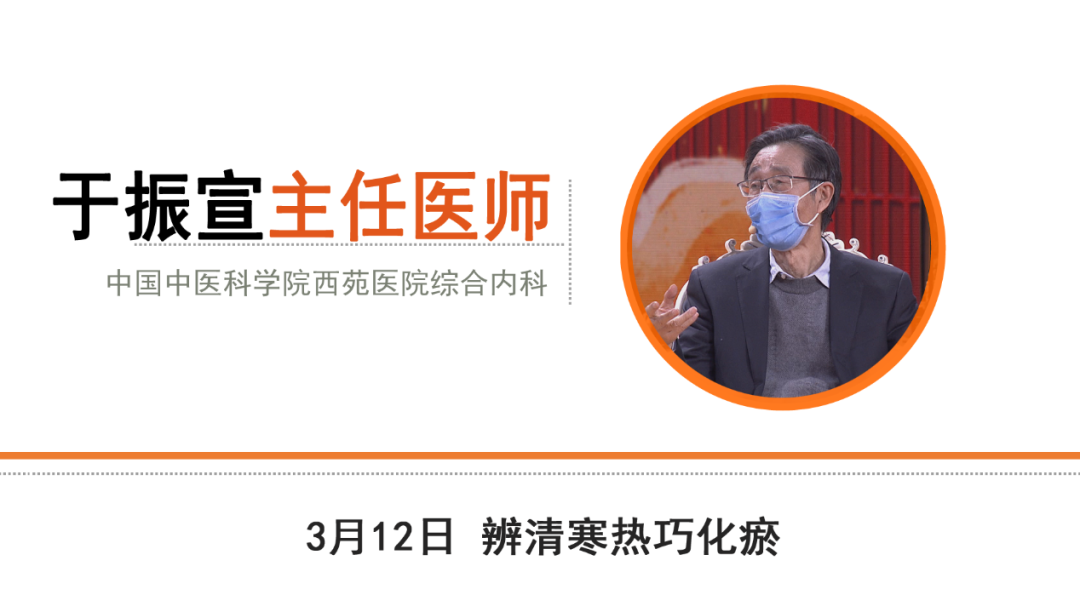
Blood Stasis (Xue Yu)
Huang Hua (Carthamus tinctorius) is a commonly used herb for invigorating blood circulation and resolving blood stasis. However, a 65-year-old woman with cardiovascular disease often used Huang Hua tea for self-treatment, but her condition worsened instead of improving! What went wrong? How should common blood-invigorating herbs be used correctly?

Case Study
A 65-year-old woman with hypertension (160/100) and retinal disease thought she might have blood stasis issues, so she started drinking Huang Hua tea. Unexpectedly, her blood pressure fluctuated more, reaching 180-190, and her vision became increasingly unclear, accompanied by anxiety and insomnia! What was going on?
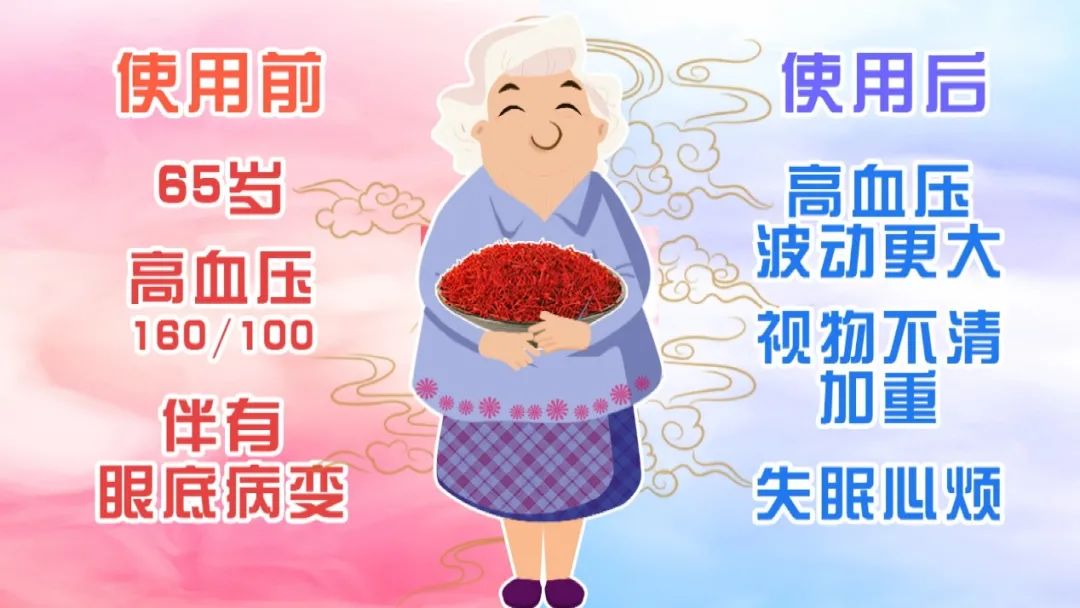
Dr. Yu reminds everyone that blood stasis can be classified into cold and heat types based on its formation causes. The worsening symptoms in this patient were due to not distinguishing between cold and heat blood stasis.
This patient had a quick temper, dry mouth, a preference for cold drinks, and unsatisfactory bowel movements, indicating a combination of heat and blood stasis, known as Heat Stasis (Re Yu). Huang Hua is a warm blood-invigorating herb, which can exacerbate the condition in those with heat and blood stasis.
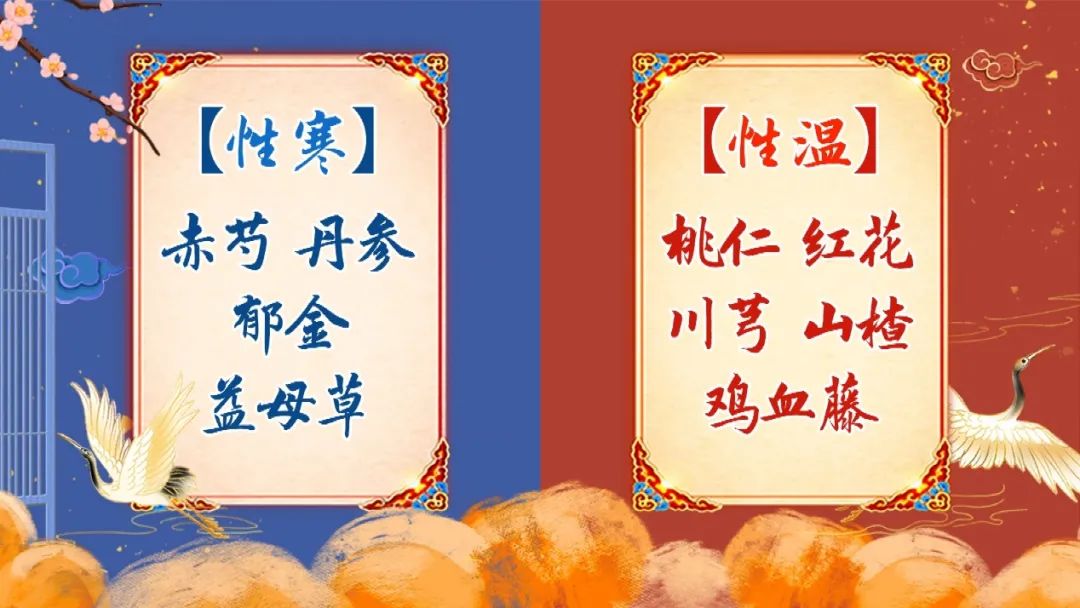
So, how do we distinguish between cold and heat blood stasis, and how should we adjust our treatment accordingly?

Compared to cold blood stasis, the concept of heat blood stasis is less familiar. Dr. Yu explains that heat stasis has been recorded in ancient texts, and it can arise from external heat pathogens invading the body, or from internal heat generated by liver qi stagnation, excessive liver yang, or extreme emotional states, which can scorch the blood and damage blood vessels, ultimately leading to heat stasis.
1Typical Manifestations of Heat Stasis
[External Manifestations]Red face, red eyes, skin redness or rashes, red streaks, red tongue
[Other Manifestations]Localized pain that resists pressure, worsening at night, anxiety and insomnia, restlessness, thirst with a desire to gargle but not swallow
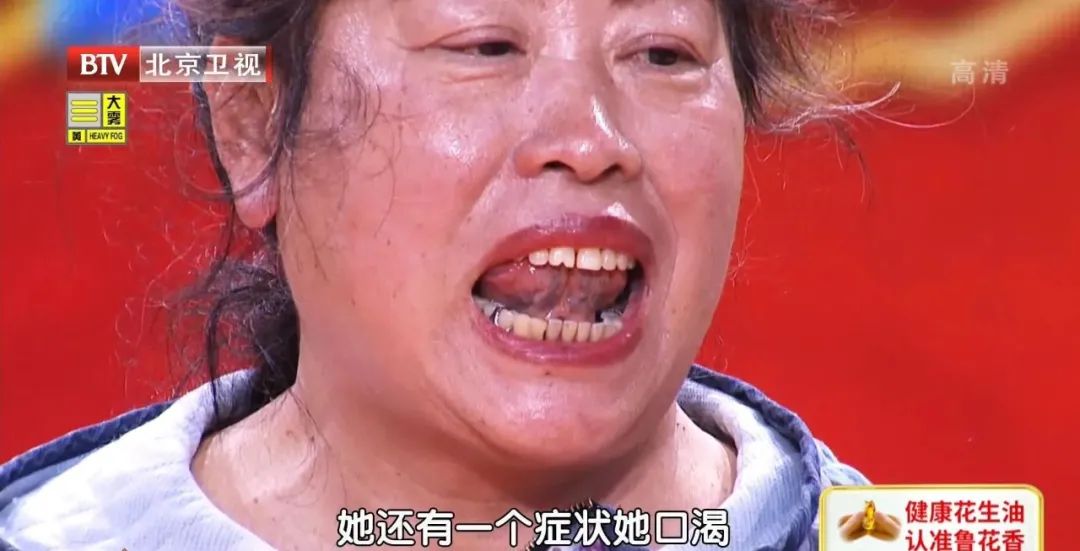
For individuals with heat stasis, Dr. Yu introduced his commonly used classical formula and a tea recipe suitable for daily use to cool blood and invigorate circulation.
2Dr. Yu’s Classical Formula for Treating Heat Stasis
Rhinoceros Horn and Rehmannia Decoction (Xi Jiao Di Huang Tang):Rhinoceros horn, red peony (Chi Shao), moutan root (Dan Pi), raw rehmannia (Sheng Di)
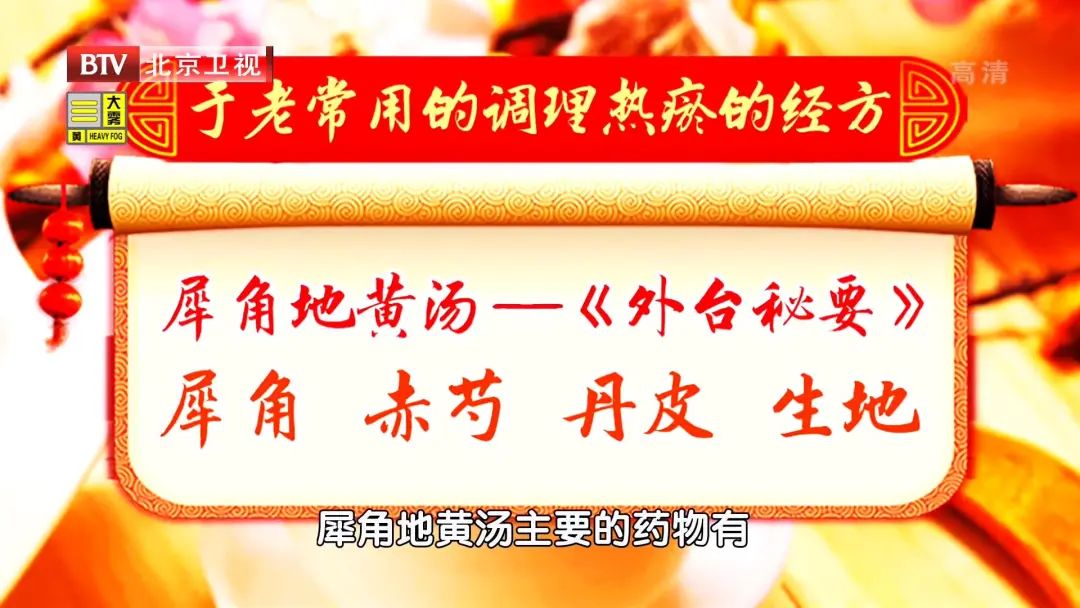
Use the formula under medical guidance.
3Cooling Blood and Invigorating Circulation Tea
Ingredients:Moutan root (Dan Pi) 10g, Curcuma (Yu Jin) 10g, Trumpet vine flower (Ling Xiao Hua) 3-5g
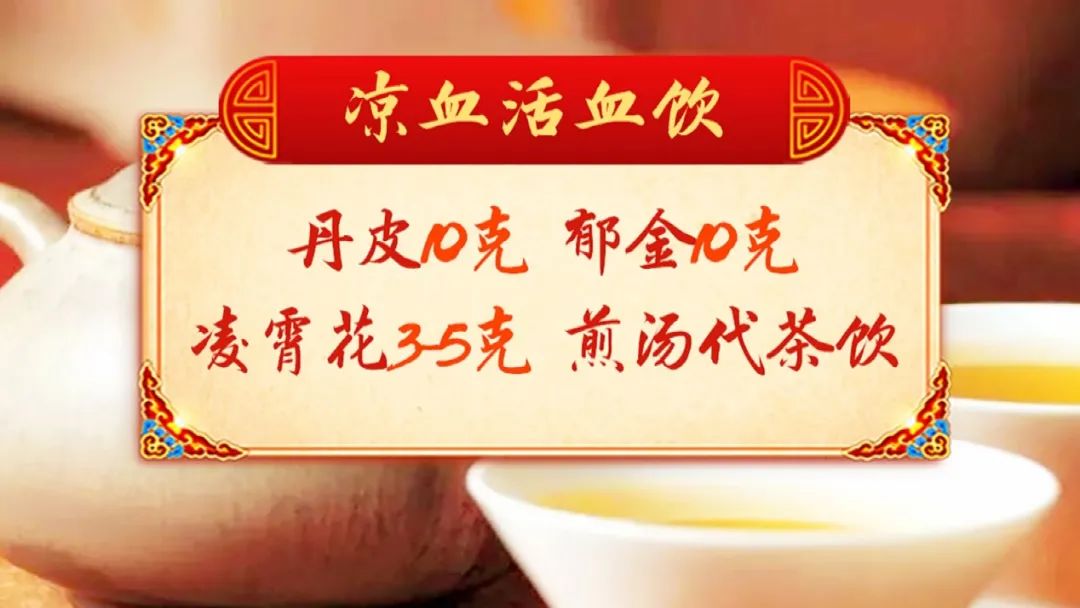
Moutan root cools blood, invigorates circulation; Curcuma cools blood, promotes circulation; Trumpet vine flower, also known as Zi Wei Hua, promotes qi, cools blood, and resolves stasis, suitable for various symptoms of blood heat and blood stasis.
Preparation:Boil Moutan root and Curcuma in water for 3-5 minutes, then add Trumpet vine flower and steep for 2-3 minutes.
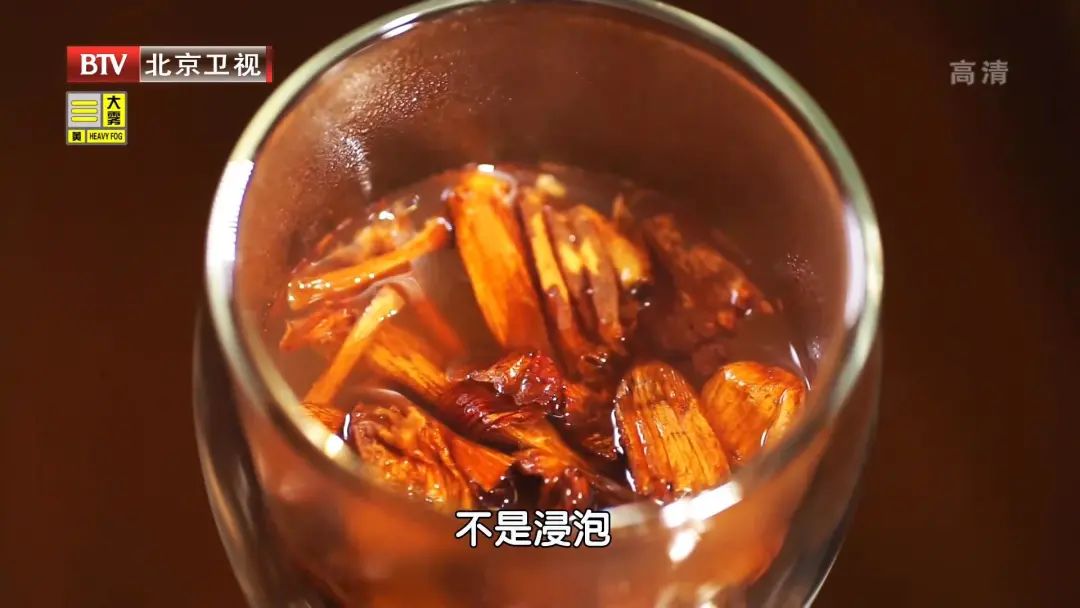
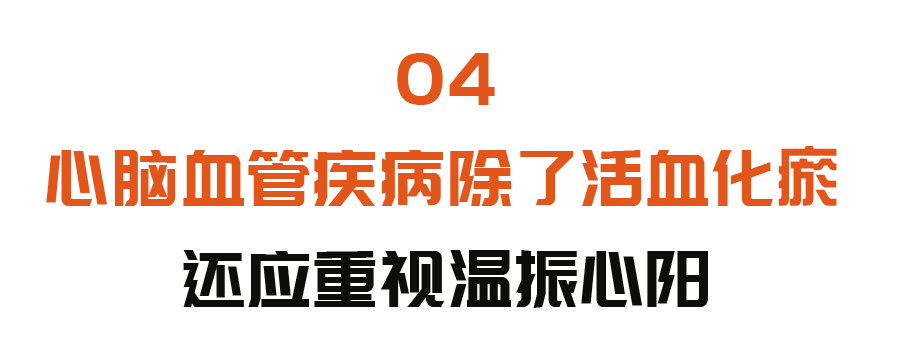
Blood flows when warm and coagulates when cold. When cold pathogens invade the body, they can cause blood vessel spasms, affecting circulation and leading to blood stasis.
1Typical Manifestations of Cold Stasis
[External Manifestations]Pale complexion, bluish-purple nails, bluish-purple tongue
[Other Manifestations]Chest, flank, and abdominal pain like stabbing, numbness in hands and feet, pain relieved by warmth and worsened by cold, menstrual pain and amenorrhea in women
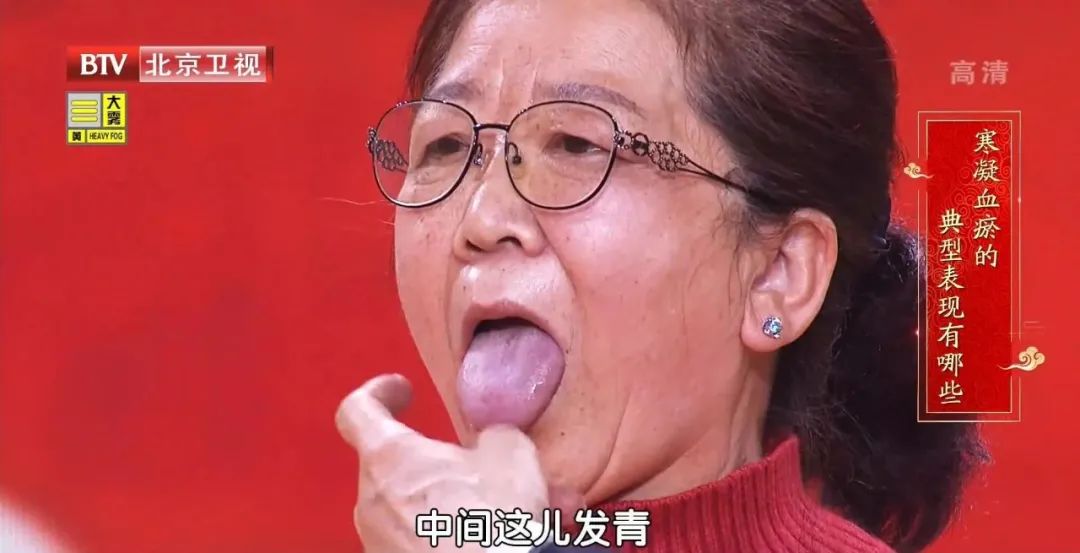
For the more familiar cold stasis, Dr. Yu also recommended a tea recipe suitable for daily use to warm and invigorate circulation.
2Warming and Invigorating Circulation Tea
Ingredients:Huang Hua (Carthamus tinctorius) 5g, Rose (Yue Ji Hua) 3g, Ginger (Sheng Jiang) 3 slices
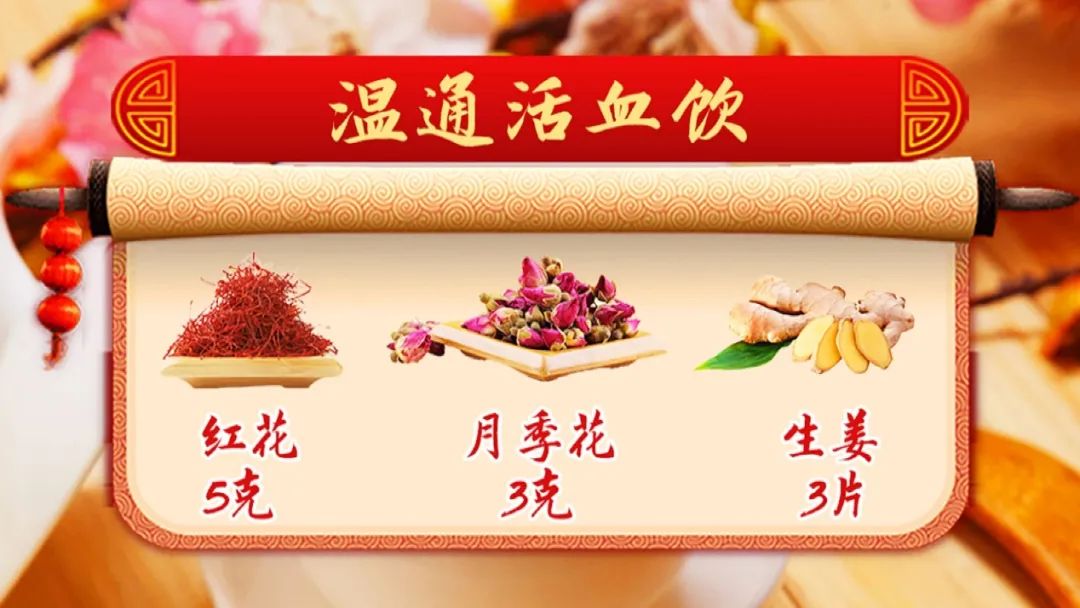
Huang Hua warms the meridians and invigorates blood; Rose is slightly warm and sweet, promotes circulation and regulates menstruation, treating qi stagnation and blood stasis; Ginger disperses cold and resolves exterior conditions.
Preparation:Simply steep in boiling water; for those with significant cold symptoms, add more ginger slices; for those with mild cold symptoms, use fewer slices.
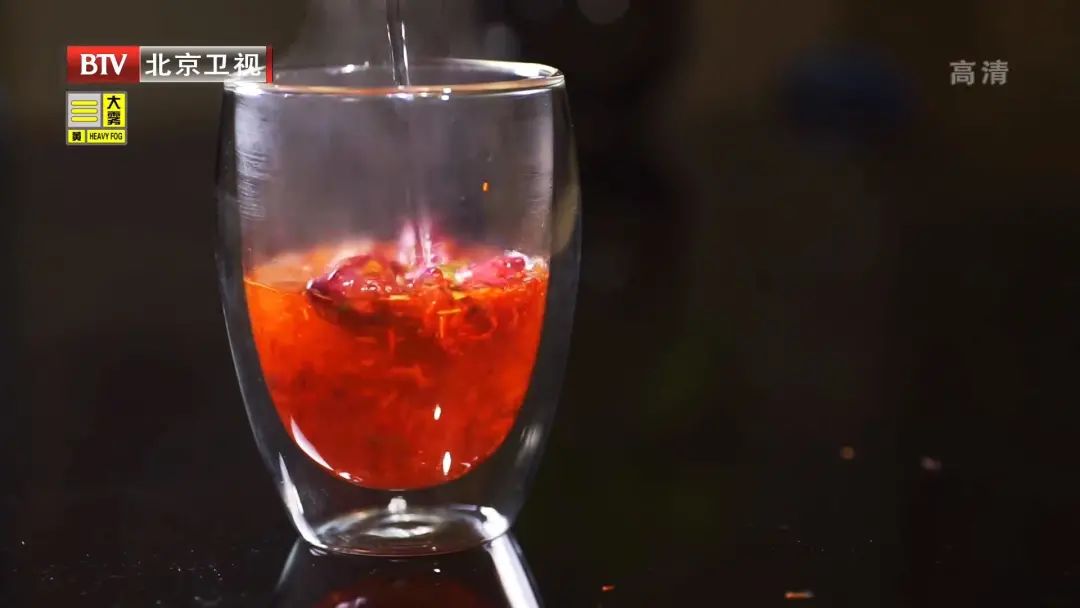

Dr. Yu emphasizes that for many elderly patients with heart disease, while invigorating blood and resolving stasis is important, there is another critical pathogenic factor that is often overlooked, leading to severe consequences.
This overlooked pathogenic factor is Heart Yang Deficiency (Xin Yang Bu Zhen). Elderly individuals are prone to heart and kidney yang deficiency, resulting in slowed blood circulation, which can lead to blood stasis.
1Symptoms of Heart Yang Deficiency
Fatigue, cold intolerance, palpitations, chest tightness and pain (worsening after exertion), pale complexion, pale and swollen tongue, white and slippery tongue coating; in severe cases, profuse sweating, cold extremities, and cyanosis of lips may occur.
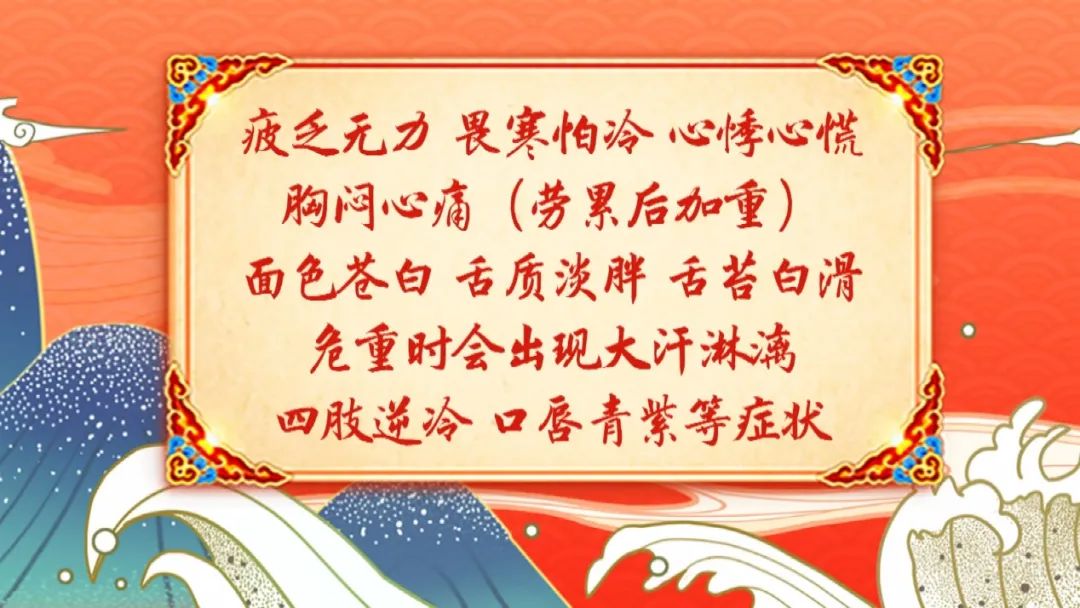
Therefore, the treatment for heart disease in the elderly should primarily focus on warming and tonifying heart yang. Dr. Yu also provided a tea recipe suitable for daily use for the elderly.
2Red Ginseng Heart-Warming Tea
Ingredients:Red Rhodiola (Hong Jing Tian) 3-6g, American Ginseng (Xi Yang Shen) 3-6g (or Prince Ginseng (Tai Zi Shen) 6-10g), dried ginger (Gan Jiang) 3 slices
Red Rhodiola invigorates qi and blood, opens the meridians and relieves asthma; modern medical research shows it can enhance blood oxygen saturation; both American Ginseng and Prince Ginseng can tonify heart qi without causing dryness or heat; dried ginger warms the middle and revives yang.
Preparation:Decoct and use as a tea.
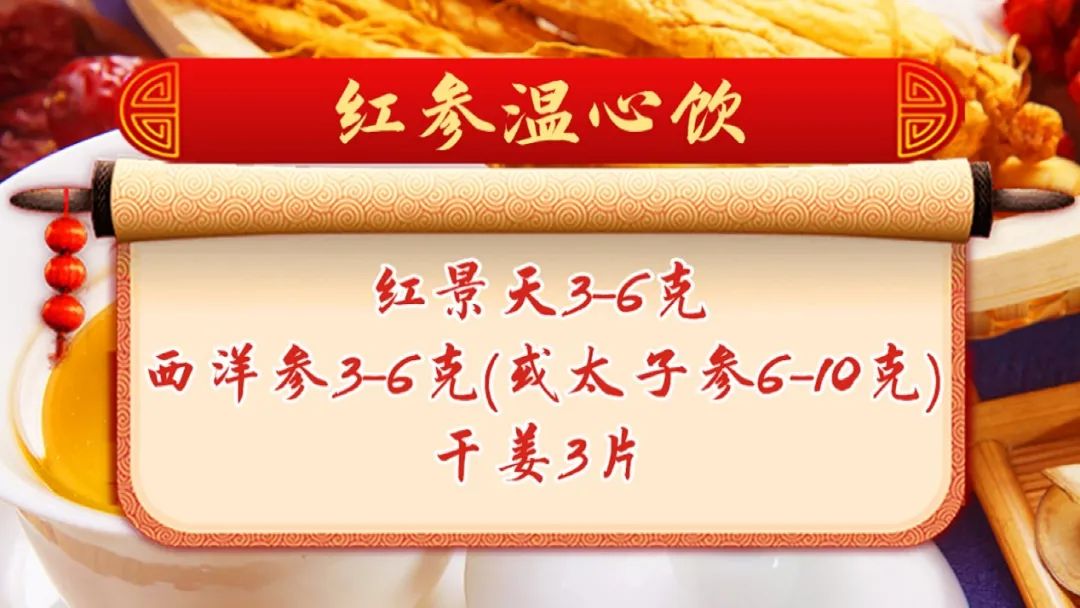
Expert Consultation Information
Yu Zhenxuan
Department of Internal Medicine, Xiyuan Hospital, China Academy of Chinese Medical Sciences
Special Consultation: Tuesday mornings, Saturday mornings
Note: Due to unforeseen circumstances, changes in consultation times, locations, types (general, expert, or special consultations), and registration fees will be based on the hospital’s announcements on the day.
Popular Historical Articles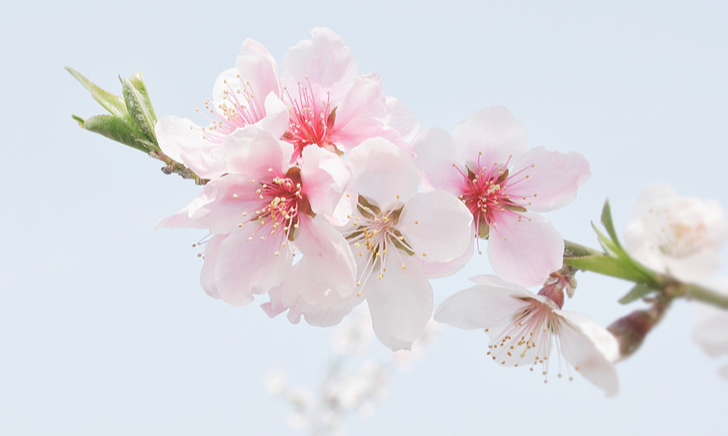 Beautiful and Medicinal! These 3 Gorgeous Edible Flowers Invigorate Blood and Beautify, Clear Liver and Drain Fire! Don’t Miss Them!
Beautiful and Medicinal! These 3 Gorgeous Edible Flowers Invigorate Blood and Beautify, Clear Liver and Drain Fire! Don’t Miss Them! 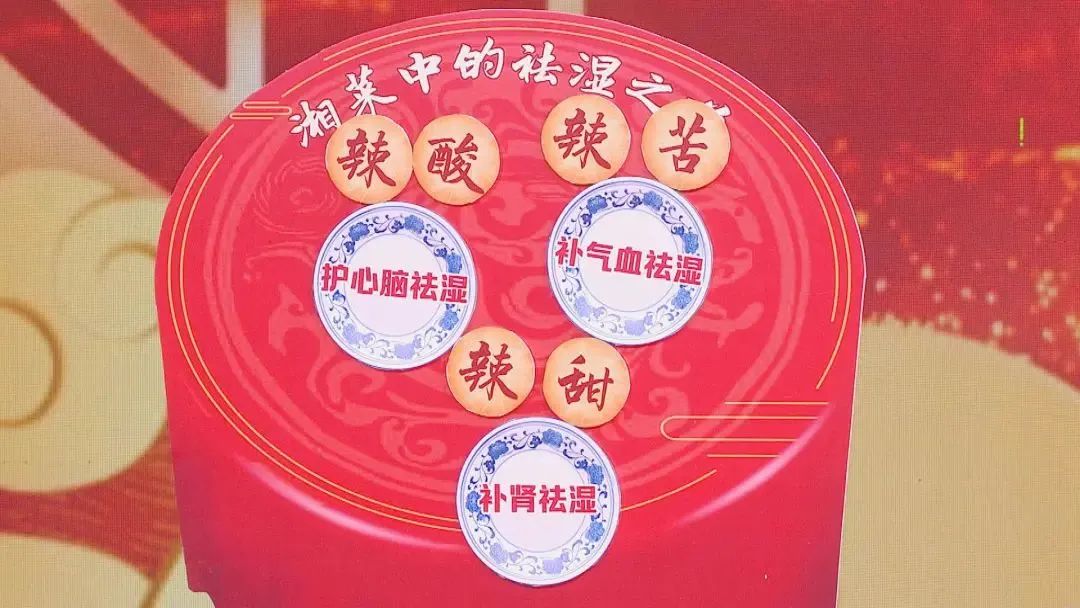 Beware of Cold and Damp Invasion in Spring! Experts Teach You to Cook Three Dishes to Strengthen Spleen, Eliminate Dampness, and Nourish Heart and Brain!
Beware of Cold and Damp Invasion in Spring! Experts Teach You to Cook Three Dishes to Strengthen Spleen, Eliminate Dampness, and Nourish Heart and Brain! 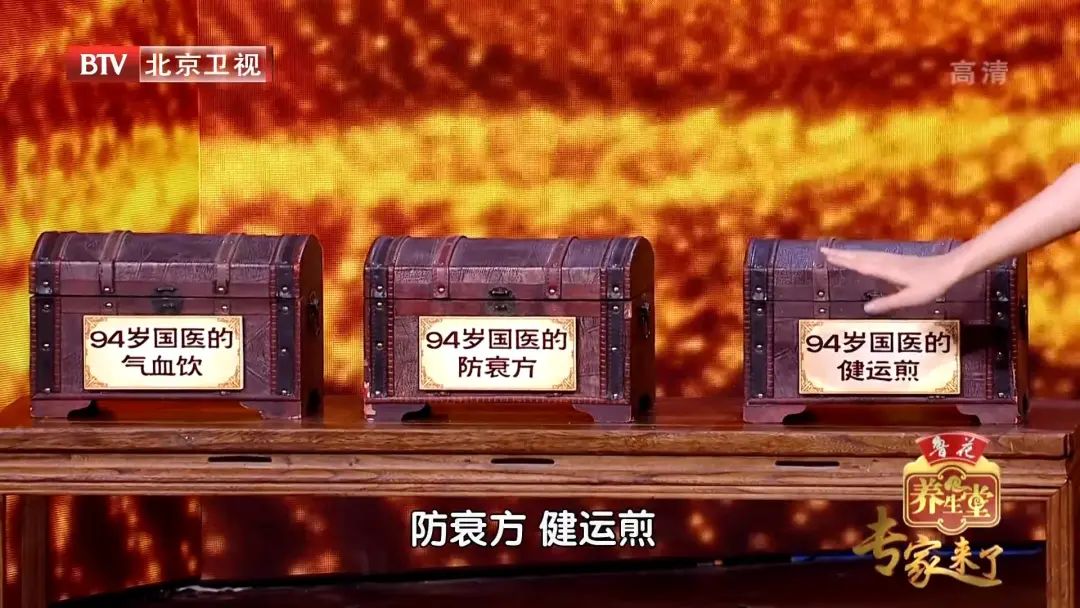 94-Year-Old Master of Traditional Chinese Medicine, Sharp-Eyed and Healthy, Attributes His Longevity to These Three “Longevity Treasures”!
94-Year-Old Master of Traditional Chinese Medicine, Sharp-Eyed and Healthy, Attributes His Longevity to These Three “Longevity Treasures”! 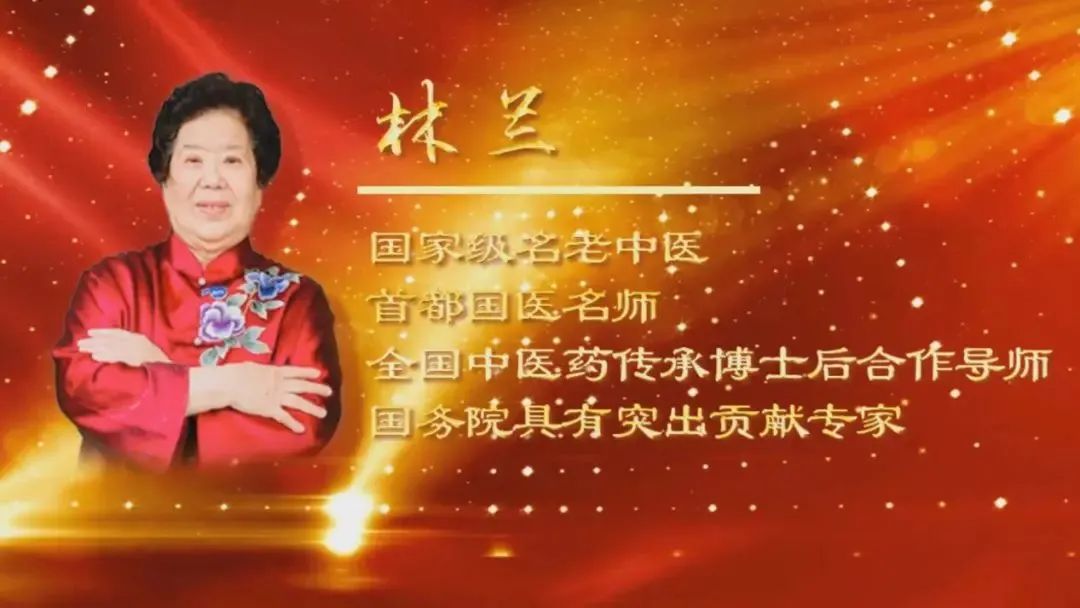 Renowned TCM Expert’s 60 Years of Experience to Help You Nourish Yin, Clear Heat, Tonify Qi, and Control Blood Sugar Easily!
Renowned TCM Expert’s 60 Years of Experience to Help You Nourish Yin, Clear Heat, Tonify Qi, and Control Blood Sugar Easily!
Want to see the latest content from Health Talks first?
1. Click the blue text “Health Talks” at the beginning of the article
2. Click the three dots in the upper right corner of the page
3. Mark Health Talks as a favorite
Click to see the tutorial on marking favorites↓↓
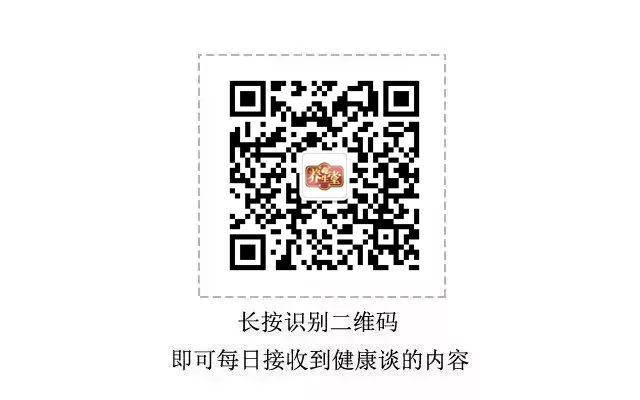
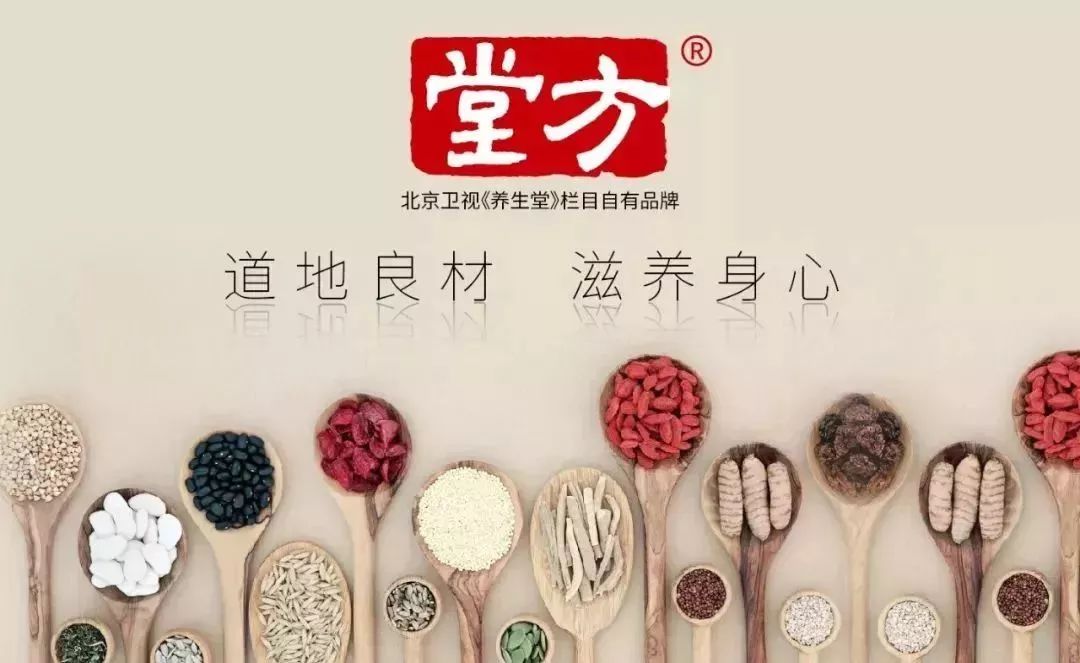

 More exciting content can be found in “Read the Original“
More exciting content can be found in “Read the Original“

